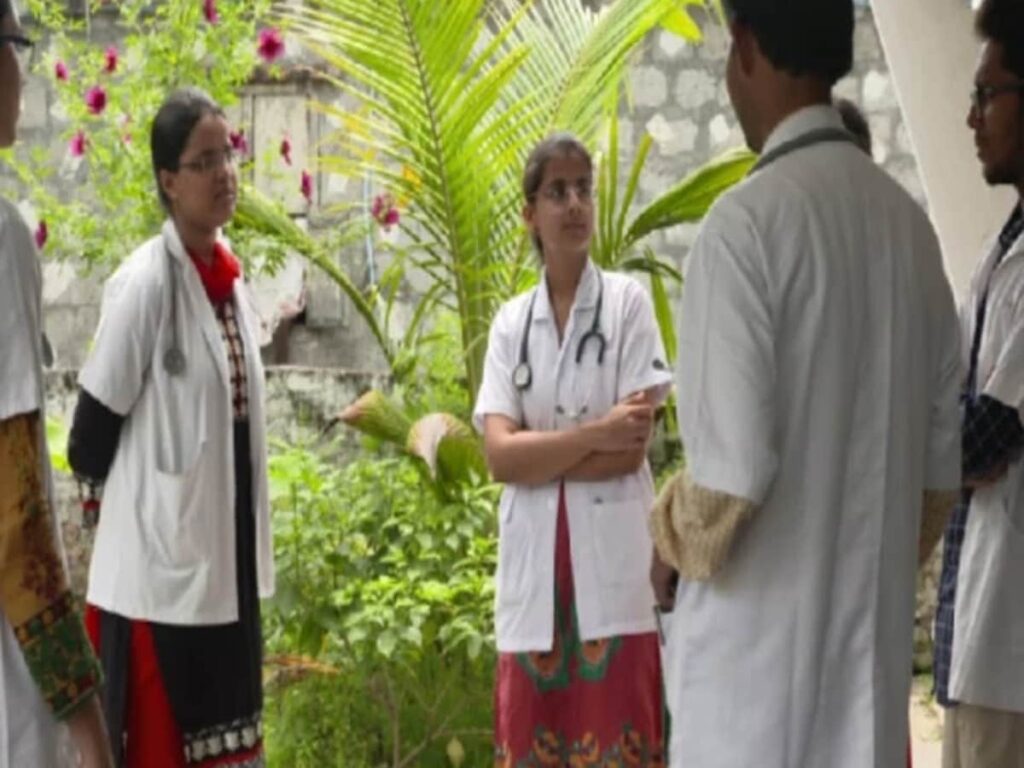The National Medical Commission (NMC) has proposed the establishment of Emergency Medicine departments in medical colleges along with the introduction of a Doctor of Medicine (MD) program in Emergency Medicine. This initiative aims to enhance the emergency healthcare system in India, allowing doctors from both the surgical and medical departments to be equipped to treat patients in urgent care settings.
Importance of Emergency Medicine in Healthcare
Emergency Medicine is a critical aspect of healthcare that requires specialized training and expertise. The establishment of dedicated departments in medical colleges will ensure that future medical professionals receive comprehensive education and experience in managing acute medical conditions.
Current Scenario of Emergency Healthcare in India
India has seen a rising demand for emergency medical services due to its increasing population and the prevalence of non-communicable diseases. Unfortunately, the country faces significant challenges in effectively managing emergencies, including:
- Insufficient number of trained emergency medicine specialists
- Lack of standardized protocols for emergency care
- Inequity in access to emergency services across urban and rural areas
Proposed MD in Emergency Medicine Course
The MD in Emergency Medicine program is designed to develop specialists capable of managing complex trauma, acute medical emergencies, and other critical conditions. The curriculum will include:
| Curriculum Component | Description |
|---|---|
| Theoretical Knowledge | Comprehensive understanding of emergency medicine principles, pathology, and pharmacology. |
| Hands-on Training | Real-world rotation in emergency departments, trauma care, and critical care units. |
| Research and Development | Opportunities to engage in research on improving emergency medical practices. |
Benefits of Specialized Training in Emergency Medicine
Specialized training in emergency medicine provides several advantages, including:
- Improved patient outcomes due to better management of emergencies
- Enhanced skills for all physicians who may encounter emergency situations
- Standardized practices that can reduce discrepancies in emergency care quality
Collaboration with Surgery and Other Departments
By integrating emergency medicine training with surgical and medical departments, healthcare providers can work collaboratively to deliver timely and effective care during emergencies. This multidisciplinary approach allows for better coordination of services, ensuring that patients receive optimal treatment based on their specific needs.
Conclusion
The introduction of Emergency Medicine departments and the MD in Emergency Medicine course by the National Medical Commission is a significant step towards improving the overall healthcare system in India. Providing medical professionals with specialized training will not only enhance emergency medical services but also ensure that they are well-prepared to address acute health crises effectively and compassionately. As India progresses towards a more robust healthcare framework, the focus on emergency medicine is critical in saving lives and improving health outcomes.
